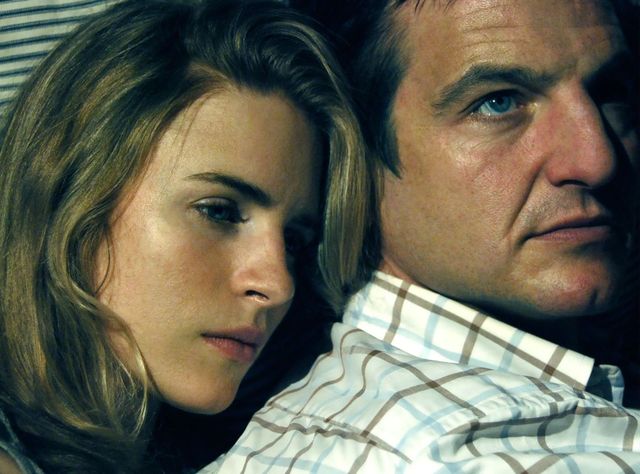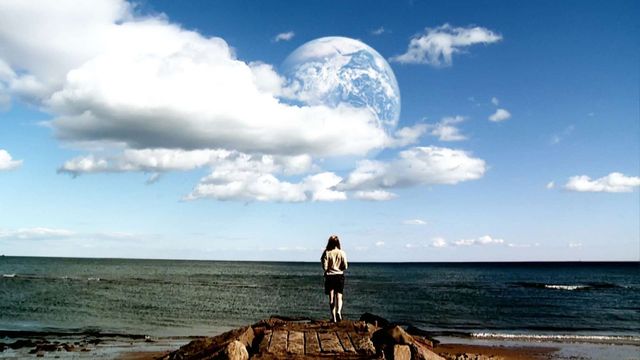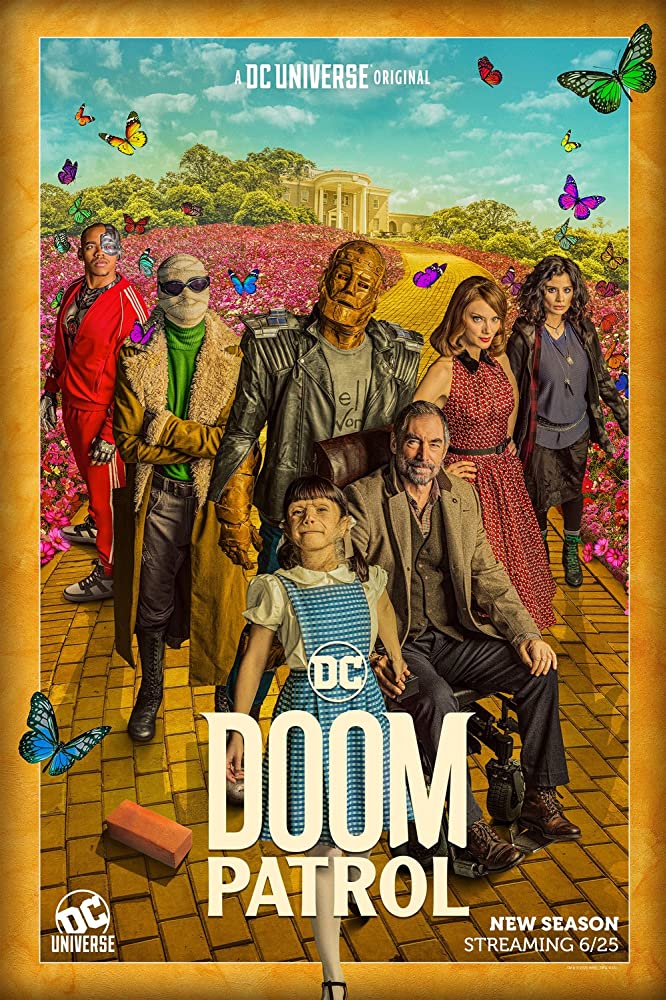Film Review: No Budget Sci-Fi Indie Another Earth Gets Sober, Speculative And Very Sad
Admirable, No-Budget Sci Fi Gets Sucked In By The Gravitational Pull Of Sad Teenagers And Planet-Sized Metaphors


Smile for the camera

folks.

“I wonder if they have Starbucks up there.”



